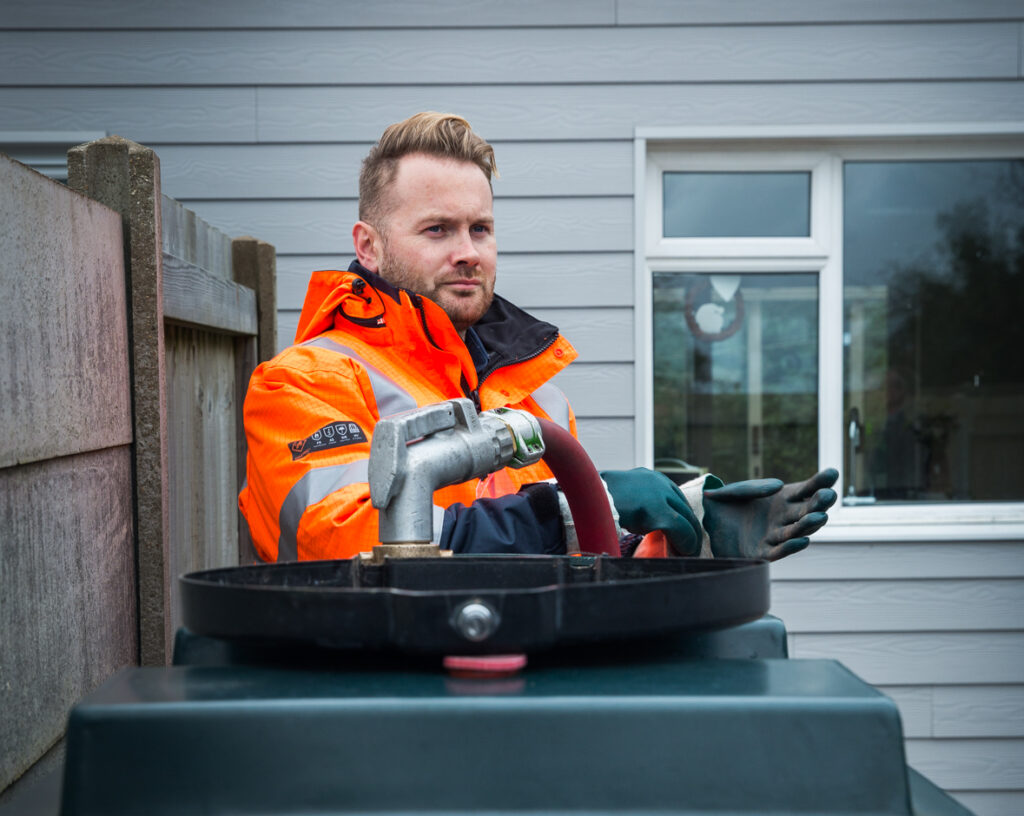
As the country moves towards finding green heating solutions for our homes, the scale of the challenge facing homeowners, industry and the Government is becoming clear. The future means much greater insulation and an increasing reliance on electric heating, which will put huge demands on our power generating capacity and the distribution network.
These changes will take time and massive investment so it’s important to think about how we are going to achieve our net zero targets by 2050.
Using HVO fuel in domestic heating boilers as an alternative to conventional oil-based fuel is an existing technology which could help. HVO (Hydro-treated Vegetable Oil) is a fossil free substitute fuel which produces 90% lower emissions and is made from 100% renewable products such as vegetable oils and fats, much collected as waste products from catering or similar industries.
Also known as Green D+ HVO fuel is already used by companies making a genuine attempt to minimise their environmental impact. Approved by Volvo, Scania, DAF and Mercedes Benz among others, it can be used as a direct substitute for conventional diesel in their engines.
HVO can also be stored for much longer than conventional oil, up to 10 years, which is an additional bonus for heating fuel applications.
The downside – cost, current demand for the product is very small compared to the alternatives so the scale of production is quite small. Over time, especially if there was structured investment assistance from Government, production could increase significantly and the costs would reduce. If this were the case, we would have a viable alternative means of heating our homes, which both is renewable and green. The option would reduce pressure on the electricity grid in more remote areas where oil-based heating is the only affordable option currently available.
Many commercial heating boilers can already run on HVO without modification and several manufacturers are working on approving it for use in domestic heating systems – watch this space!